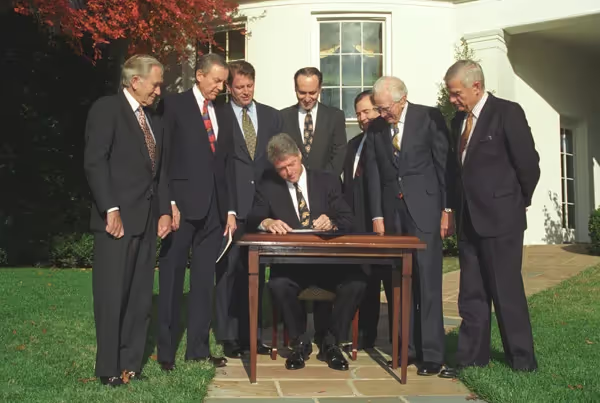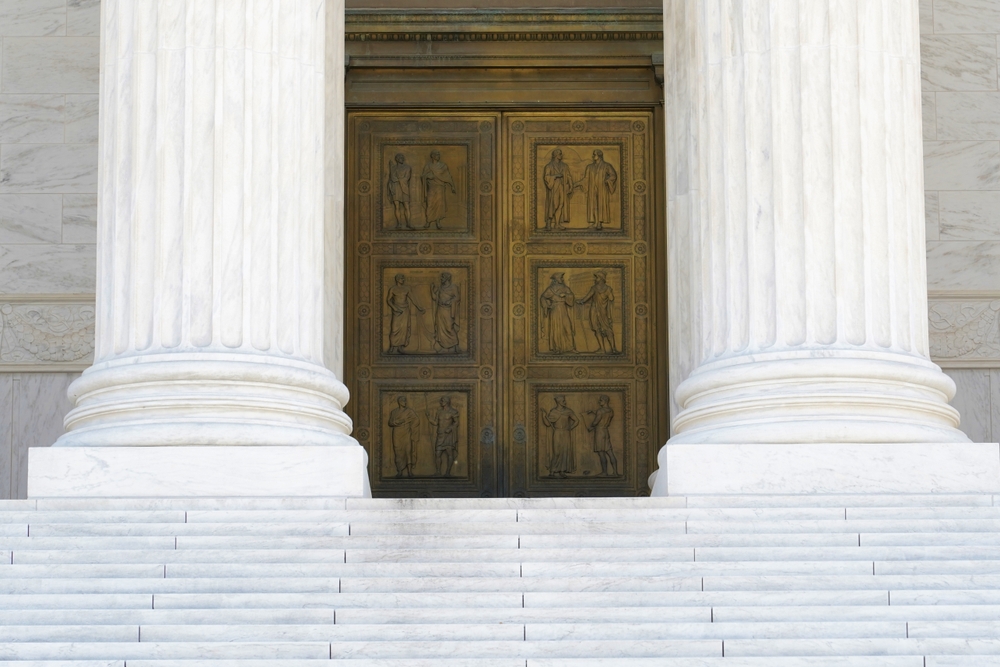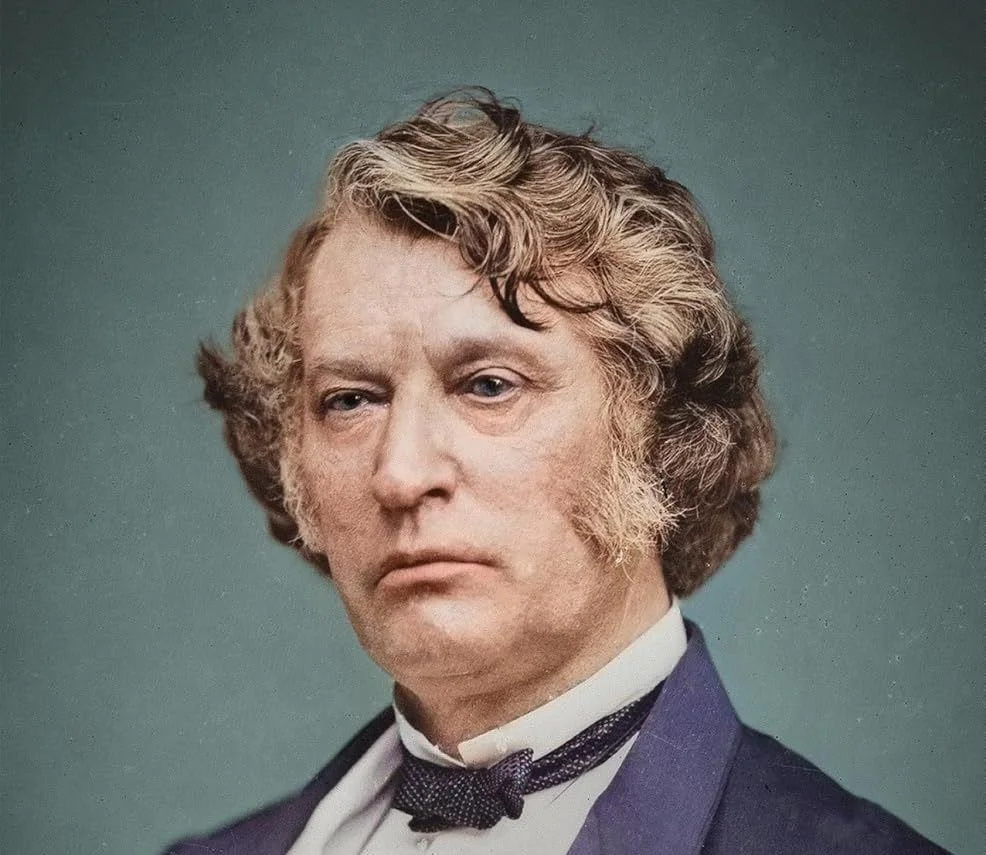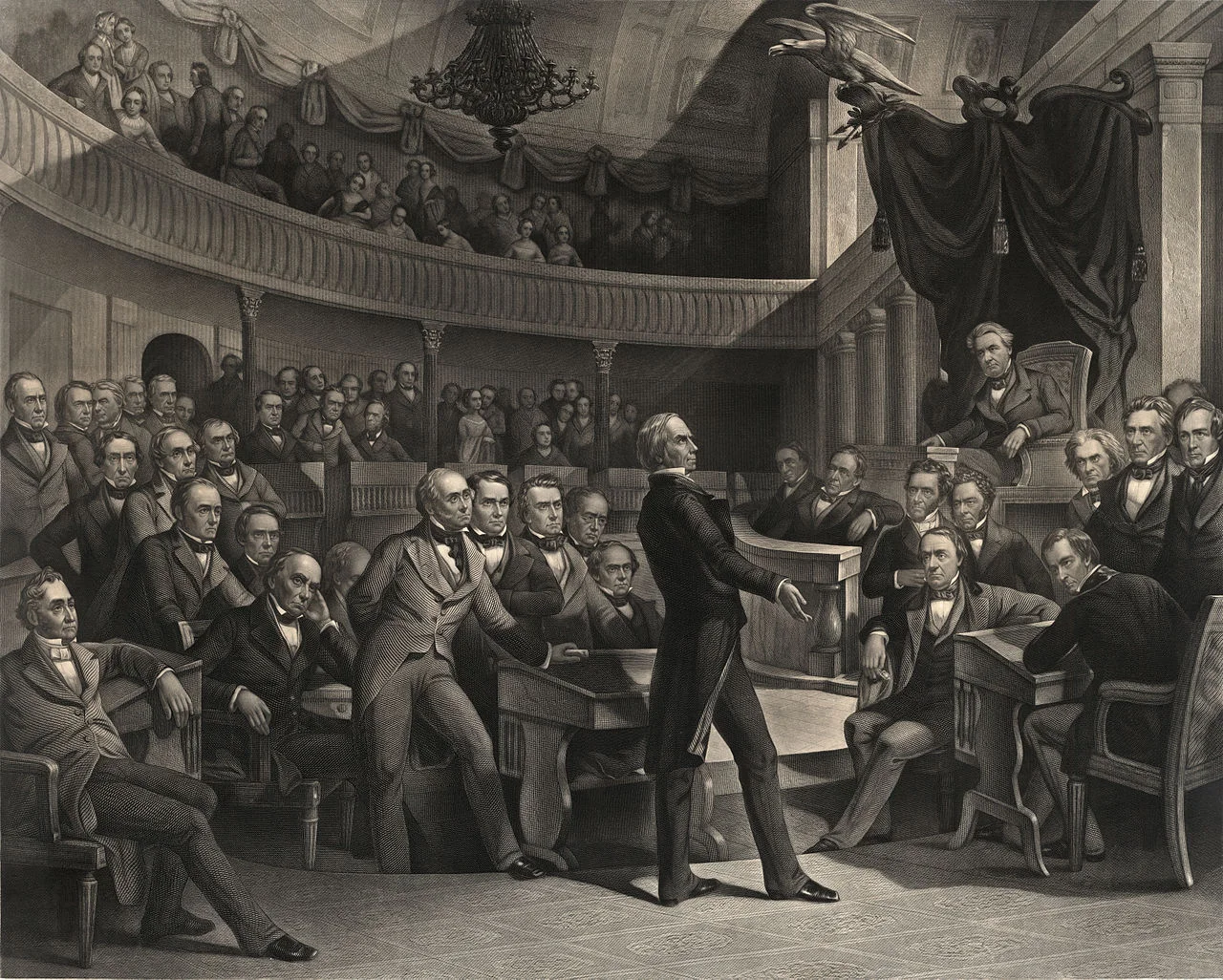
States Should Protect Religious Liberty Like It Is 1993
Religious liberty shouldn’t be a conservative or liberal issue; it should be an American one.
2025 has been one of the most momentous years for religious liberty in the United States since the passage of the Religious Freedom Restoration Act of 1993. President Trump formed the Religious Liberty Commission to examine the foundations of religious liberty and to advise the newly created White House Faith Office and the Domestic Policy Council. The Supreme Court struck down a Maryland school district policy preventing parents from opting their children out of aggressive LGBTQ indoctrination. The Court also ruled that Wisconsin violated Catholic Charity’s First Amendment rights when it refused to grant them a tax exemption, claiming that the organization’s activities were not sufficiently “religious.”
These high-profile wins for religious liberty all occurred at the federal level, but much more can—and should—be done to promote and protect religious liberty in the fifty states. Last week, we released the 2025 edition of our study, Religious Liberty in the States (RLS), a project of First Liberty Institute’s Center for Religion, Culture, and Democracy, which has found significant variation in how well states protect religious freedom.

The initial RLS report in 2022 recorded 29 distinct protections. This year, RLS has expanded to include 47 protections. These include eight new protections, such as medical conscience protections that permit individuals to opt out of disposing of abortion remains or participating in euthanasia. This year’s study also includes new protection for counselors who do not want to advise clients about goals, outcomes, or behaviors that conflict with the counselor’s sincerely held principles.
Former Supreme Court Justice Louis Brandeis famously called states “laboratories” of democracy, a concept that is evident today in the patchwork of how states protect religious liberty. Some states (Florida, Montana, and Illinois, for example) have many protections of medical conscience, while others (Wyoming and West Virginia) have very few. Some states have roughly three-fourths of the religious liberty protections we track. Other states have less than one-fourth.
This year, Florida took first place, with 75 percent of religious liberty protections. In 2022, Florida passed a law designating houses of worship as “essential services” in response to the COVID-19 pandemic. In 2023, the state passed a general conscience provision for medical practitioners. That may not seem surprising given the conservative bent of Florida’s political climate; however, religious liberty is not simply a left-vs-right or red-vs-blue issue.
Red states like West Virginia (50th) and Wyoming (49th) score at the bottom. Even Texas has a relatively lack-luster ranking of 31st because it has relatively few protections for the religious conscience objections of health care providers and professionals when it comes to sterilization, contraception, euthanasia, and mental health counseling. Bright-blue Illinois, on the other hand, ranks third because it codified many religious liberty protections decades ago. Those laws still exist, and they protect people’s ability to live according to their beliefs, even though the political and cultural climate in Illinois has noticeably cooled towards religious expression.
States’ rankings go up or down because they adopt new protections, lack of protections we add each year, and, occasionally, because they repeal protections (as Washington recently attempted). Over the life of our project, the states that have shown the most improvement include Montana (up 30 percent), South Carolina (up 30 percent), and Florida (up 17 percent). On the other hand, Mississippi, Kansas, and South Dakota all declined because they lacked some of the new protections that have been added.
We hope that every state will adopt all the protections we include in our study, but we recognize that some are more important than others. Most critically, state religious freedom restoration acts (RFRAs) offer the broadest possible protection of citizens’ ability to act upon their religious convictions. To date, 29 states have adopted such statutes, including North Dakota (2023), West Virginia (2023), Iowa (2024), Utah (2024), and Georgia (2025), since our study began.
Although political conservatives are far more likely to favor religious liberty today than political progressives, this wasn’t always the case. When the Supreme Court curtailed the First Amendment’s Free Exercise Clause protection of religious liberty in 1990, Democrats and Republicans came together to pass the Religious Freedom Restoration Act of 1993. That bill, passed in the House without a dissenting vote, was approved 97 to 3 by the Senate and was signed into law by President Bill Clinton.
After the federal RFRA protected Hobby Lobby from having to provide abortifacients to employees against its owners’ religious convictions, progressives soured on broad protections. Polemical critics have made outlandish claims that RFRA and the First Amendment protect conservative Christians rather than non-Christian minorities. Both have protected Christians, but non-Christians are routinely protected as well—as we saw just this term in Mahmoud v. Taylor.
Indeed, there are good reasons to believe that RFRAs and the First Amendment are at least as likely to protect minorities as they are members of majority faiths. Some of the protections we include in RLS are more likely to protect non-Christians than Christians. Consider, for example, statutes that require students in public schools (K-12 and colleges/universities) to be given excused absences for religious observances.
Historically, public school calendars enable Christian students to celebrate their holidays without having to miss school. Although many states now refer to it as “winter break,” shutting schools in late December conveniently permits Christians to celebrate Christmas. And how many public schools meet on Sunday?
Christians seldom benefit from laws requiring excused absences for religious holidays. In contrast, Jews, Muslims, and other non-Christian minorities may well need to take advantage of these protections to celebrate holy days that are also school days. For instance, this fall Rosh Hashanah begins on Monday and lasts through Wednesday, and Yom Kippur is on Wednesday and Thursday.
Although progressives may be wary of broad statutes such as state RFRAs, hopefully, they will cooperate with conservatives to pass specific protections such as those mentioned in the preceding paragraphs and others included in our study. Our website provides links to every law we consider, as well as laws that may serve as a model or at least a starting point for legislation in states that lack certain protections.
We urge Americans to return to the spirit of 1993 and work together to protect religious liberty for all citizens. Religious liberty shouldn’t be a conservative or liberal issue; it should be an American one. We encourage elected officials to get to work in their laboratories and start inventing or adopting new ways to better protect what many of our Founding Fathers called “the sacred rights of conscience.”
Mark David Hall is a Professor of Politics at Regent University and serves as the director of the Religious Liberty in the States project.
Paul Mueller is a Senior Research Fellow at the American Institute for Economic Research and serves as the associate director of the Religious Liberty in the States project.
Constitutionalism

Amicus Brief: Hon. William P. Barr and Hon. Michael B. Mukasey in Support of Petitioners
Former AGs Barr and Mukasey Cite Civitas in a SCOTUS Brief

Rational Judicial Review: Constitutions as Power-sharing Agreements, Secession, and the Problem of Dred Scott
Judicial review and originalism serve as valuable commitment mechanisms to enforce future compliance with a political bargain.

Supreme Court showdown exposes shaky case against birthright citizenship
Supreme Court will hear challenges to Trump's order ending birthright citizenship, testing the 14th Amendment's guarantee for babies born in America.

Two Hails For The Chief’s NDA
Instead of trying to futilely plug the dam to stop leaks, the Court should release a safety valve.

Charles Sumner’s Harmony with the Declaration
Sumner used the Declaration to increase the Constitution’s pursuit of forming a more perfect union.


.avif)










.avif)



